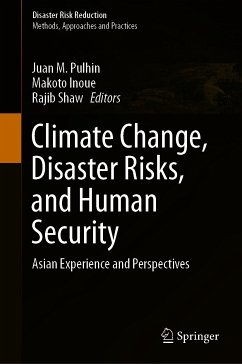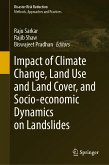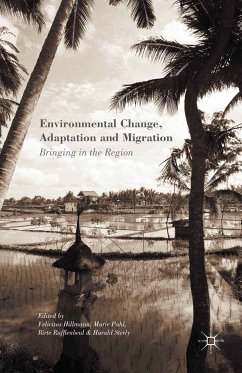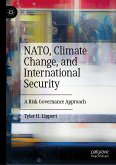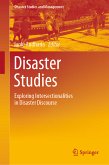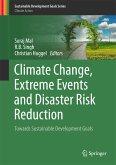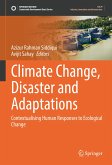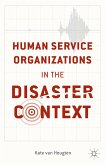This book explores how climate change and disaster risks threaten human security in Asia. Climate change and disaster risks have emerged as major human security challenges in the twenty-first century, and are an imminent "threat multiplier" with the potential to harm the vital core of human life and curtail people's freedom and ability to live with dignity. Climate change and disaster risks undermine the security of individuals, communities, nations, and the world, considering the increasing trend in the frequency and magnitude of hydro-meteorological disasters and the projections on their future adverse impacts.
Despite recent advances in the literature, there is still a major gap in understanding the relationship and linkages between climate change, disaster risks, and human security, particularly as gleaned from the Asian experience. Asia is the world's most vulnerable region in terms of the quantity and magnitude of impacts from various forms of disaster. At the same time,it has developed a number of innovative responses to address those risks, offering a wealth of experience. Exploring and capitalizing on the Asian perspective, this book provides valuable resource material for students, academics, researchers, policymakers, and development practitioners working in these areas.
Despite recent advances in the literature, there is still a major gap in understanding the relationship and linkages between climate change, disaster risks, and human security, particularly as gleaned from the Asian experience. Asia is the world's most vulnerable region in terms of the quantity and magnitude of impacts from various forms of disaster. At the same time,it has developed a number of innovative responses to address those risks, offering a wealth of experience. Exploring and capitalizing on the Asian perspective, this book provides valuable resource material for students, academics, researchers, policymakers, and development practitioners working in these areas.
Dieser Download kann aus rechtlichen Gründen nur mit Rechnungsadresse in A, B, BG, CY, CZ, D, DK, EW, E, FIN, F, GR, HR, H, IRL, I, LT, L, LR, M, NL, PL, P, R, S, SLO, SK ausgeliefert werden.

